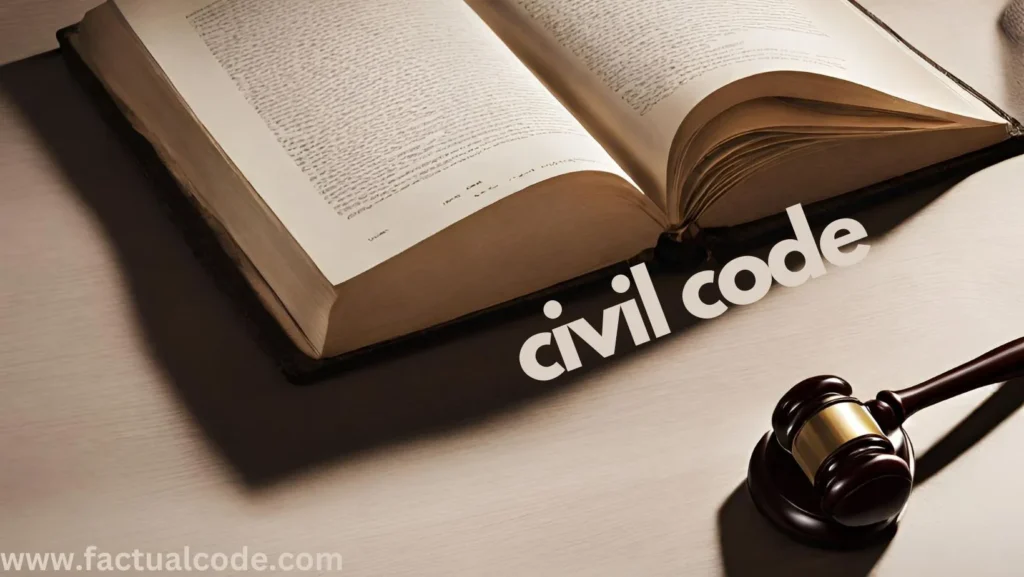Definition and Concept
A temporary injunction is a preventive court order that maintains the status quo until the case is resolved. It is a form of interim relief under Order 39 of the Code of Civil Procedure (CPC), designed to prevent harm or changes in circumstances that could affect the case’s outcome.
Essentials for Granting a Temporary Injunction
To grant a temporary injunction, the court examines three main elements:
1. Prima Facie Case:
The applicant must show a reasonable likelihood of success in the case. This does not mean proving the entire case but showing that it is arguable and has merit.
2. Irreparable Injury:
The applicant must demonstrate a potential for harm that monetary compensation cannot rectify, such as the potential loss of unique property or violation of specific rights.
3. Balance of Convenience:
The applicant must show that the inconvenience or harm they would suffer if the injunction is denied is greater than any inconvenience the opposing party would face if it is granted.
Legal Framework
Order 39, Rules 1-3 of the CPC provide specific requirements and grounds for issuing temporary injunctions, ensuring that injunctive relief is based on need and urgency:
- Rule 1: Grounds for a temporary injunction, such as property damage, infringement of rights, or similar threats.
- Rule 2: Injunctions against breach of contract or injury.
- Rule 3: Notice requirement—usually, a notice must be served on the opposite party before the court issues an injunction.
- Rule 3A: Allows for ex parte injunctions (without notifying the other party) in cases of extreme urgency, provided reasons are recorded in writing, and the other party is notified within 30 days. Rule 3A allows ex parte injunctions, but it could clarify that the notice requirement must be fulfilled within 30 days, barring further instructions from the court.
- Rule 4: The opposing party has the right to apply for discharge, variation, or setting aside of the injunction if it was obtained by concealing material facts or through misleading information.
Types of Temporary Injunctions
- Ex Parte Injunction: Granted without hearing the opposite party due to urgency, where delay could lead to irreparable harm.
- Interim Injunction: Granted after both parties have been heard, based on the three essentials of prima facie case, irreparable harm, and balance of convenience.
Case Laws
1. Kashinath Sansthan v. Srimad Sudhindra Thirtha Swamy
- Relevance: This case emphasizes the essentials required for granting a temporary injunction—primarily focusing on prima facie case, irreparable harm, and the balance of convenience. It sets the framework for courts to examine these three conditions in deciding whether to grant or deny an injunction. In this case, the court assessed these principles to determine if the injunction would be equitable and fair.
- Importance: This case is frequently cited to remind courts to weigh all essential factors carefully, as granting injunctions without due assessment could unjustly affect the opposing party.
2. Shiv Kumar Chadha v. M.C.D. (1993)
- Relevance: This case is pivotal in understanding the discretionary power of the court when granting injunctions. Here, the Supreme Court emphasized the need for courts to use caution and avoid misuse of temporary injunctions. The ruling stressed that courts should not grant injunctions lightly or without adequate grounds, as misuse could lead to delays in justice.
- Importance: The case illustrates that injunctions, especially ex parte (without hearing the other side), should only be issued when genuinely warranted. It serves as a reminder that temporary injunctions are equitable remedies that must not be exploited to cause undue hardship or unfair advantage.
3. Dalpat Kumar v. Prahlad Singh (1992)
- Relevance: This case further illustrates the balance of convenience and irreparable injury aspects. The court ruled that a temporary injunction is warranted only if the applicant can prove that the harm they would suffer without an injunction would be substantial and irreversible. The balance of convenience should favor the applicant.
- Importance: Dalpat Kumar v. Prahlad Singh is often referenced for its explanation of the “balance of convenience” test, reinforcing that courts must prioritize the party who stands to suffer more if the injunction is denied. This principle ensures that temporary injunctions serve as protective measures rather than tools for gaining leverage.
Importance in the Judicial Process
Temporary injunctions are critical tools in legal disputes, serving as a safeguard to prevent irreparable harm, unjust enrichment, and ensuring fairness while litigation is underway. By maintaining the status quo, injunctions help protect the rights of the parties involved and preserve the integrity of the judicial process.
Conclusion
Temporary injunctions play a pivotal role in the judicial system, exemplifying the importance of provisional remedies. These preventive measures help avoid irreversible harm during litigation and protect legal rights. For law students and legal professionals alike, injunctions underscore the judiciary’s commitment to equitable relief and fair treatment in ongoing cases.
References- THE CODE OF CIVIL PROCEDURE, 1908 lawbhoomi.com Kashi Math Samsthan & Anr vs Srimad Sudhindra Thirtha Swamy & Anr on 2 December, 2009 Shiv Kumar Chadha Etc. Etc vs Municipal Corporation Of Delhi And Ors on 4 May, 1993 Dalpat Kumar And Anr. vs Prahlad Singh And Ors. on 16 December, 1991 Order 39 CPC Order 39, Rule 4 CPC Order 39, Rule 3A CPC Order 39, Rule 3 CPC Order 39, Rule 2 CPC Order 39, Rule 1 CPC

